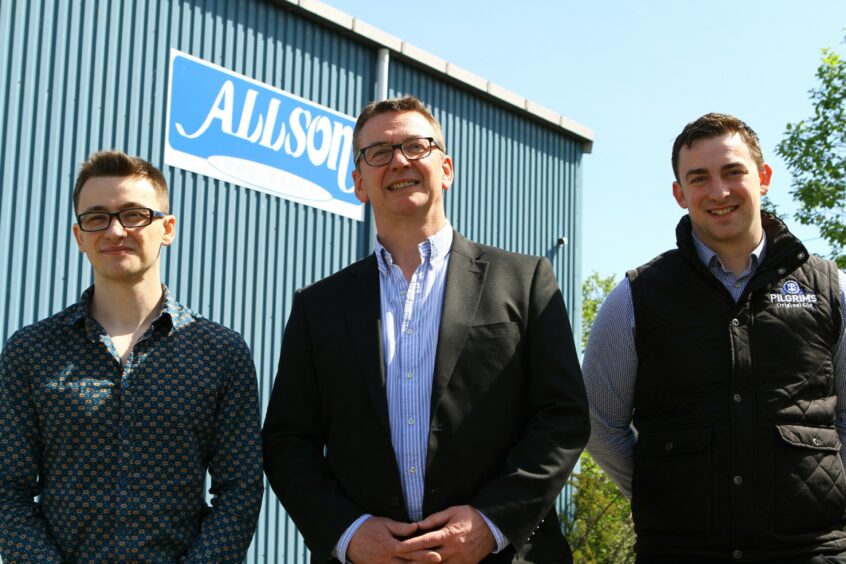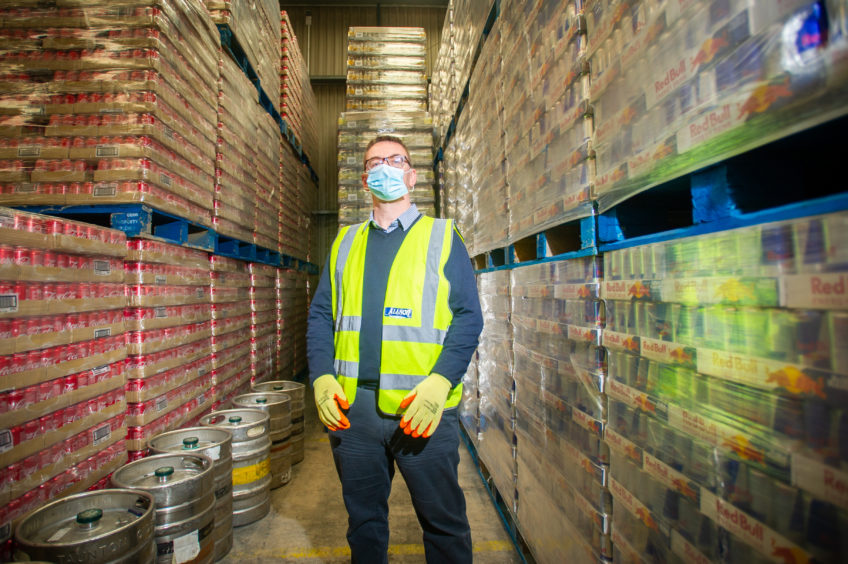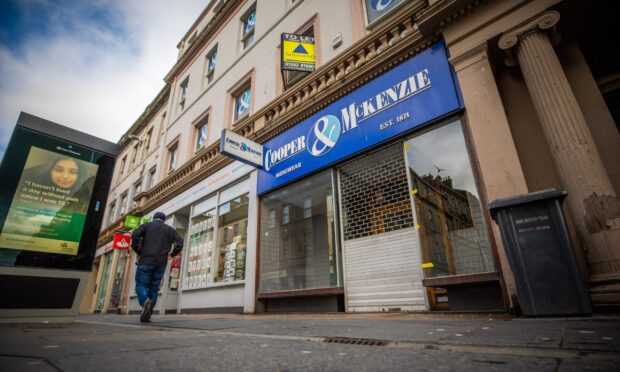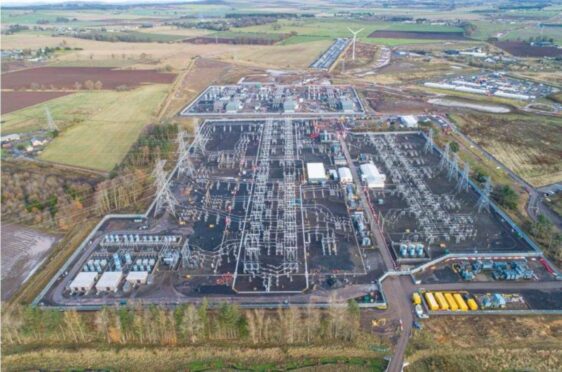The price of drinks will rise by much more than 20p if the deposit return scheme is introduced, a Fife firm has warned.
In some cases the prices of drinks in Scottish supermarkets could treble, the managing director of Allson Wholesale claims.
Based in Glenrothes, Allson is Scotland’s largest independent wholesalers with around 2,000 hospitality customers.
Colin Drysdale, who helms the firm, says the planned introduction of the scheme in August is a major threat to his business.
While the focus has been on an additional 20p charge, which can be reclaimed by customers returning empty cans and bottles, he says there will be many more costly impacts.
Deposit return scheme hidden costs
Less publicised is the producer fee within the scheme – a charge for each item produced that will go towards the running costs.
The exact figures are unknown but Circularity Scotland’s latest forecast is for charges between 2p and 4p per item.
“So the additional 20p charge for customers, quickly becomes 24p, as this cost will have to be passed on, but that’s not all,” Mr Drysdale said.
“There’s also the registration charge, of £365, again this has to be recouped.
“But there are other hidden costs – a main one being warehousing costs which are extremely expensive.
“Producers will have to have an area for products for the Scottish market, with its own barcode, and another for the rest of the UK. Warehousing costs could effectively double.”
With these extra costs, he predicts a pack of 24 bottles of water, currently on sale for £3.50 in a supermarket, will rise to almost £11.
Anti-competition warning
But Mr Drysdale says even this doesn’t fully take into account the potential financial impact.
As a wholesaler buying millions of pounds of products a year, he can currently source from anywhere.
With products that are identical, Mr Drysdale will source goods from England or internationally if they are cheaper.
He said: “Currently I buy Coca-Cola in London because it’s a more competitive market and I trunk it up the M6. It’s cheaper than buying from Coke direct in Scotland.
“Now Coca-Cola will have to produce products for only the Scottish market and I’ll have to buy from them direct.
“There’s going to be no competition at all – prices will go through the roof.”
Scheme heading for ‘catastrophe’
Despite his criticism, Mr Drysdale says he is supportive of the deposit return scheme.
But he feels it will only work well for business if the scheme is implemented at the same time across Britain.
He also thinks hospitality customers – who currently recycle their waste – should be exempt.
Mr Drysdale said as it stands, the scheme is destined for “catastrophe”.
He adds: “I’m 100% behind a deposit return scheme and I applaud the Scottish Government for wanting to do it.
“But it’s only going to work if business isn’t pummelled because of it. It needs to be a four-nation approach.
“I don’t mind the thought of Scottish independence. But if we are going to be independent we have to be a strong nation.
“How are we going to be a strong nation if policies make us uncompetitive?”
Will deposit return scheme go ahead?
The Scottish Government insists it is on track for the introduction of the scheme on August 16.
However, only 664 producers met a deadline to register last week – around 16%. There are concerns that many drinks currently sold in Scotland will disappear from our shelves.
There has also been mixed views among the SNP leadership candidates over what happens next.
Kate Forbes is pledging to pause the scheme, Humza Yousaf is calling for a year’s grace period for smaller firms and Ash Regan says it needs to be redesigned.
Circularity Scotland guidance to drinks firms states: “The producer fee is the financial contribution that producers will make to ensure that the DRS scheme runs smoothly.”
A spokesperson said: “The principle of the deposit return scheme is that producers take responsibility for the containers they put onto the market – rather than the taxpayer picking up the bill through rubbish collection and clean-up of waste.
“The producer fee is therefore an additional cost of production like any other.
“It’s up to the producer to make a business decision about what costs they pass on.”














Conversation